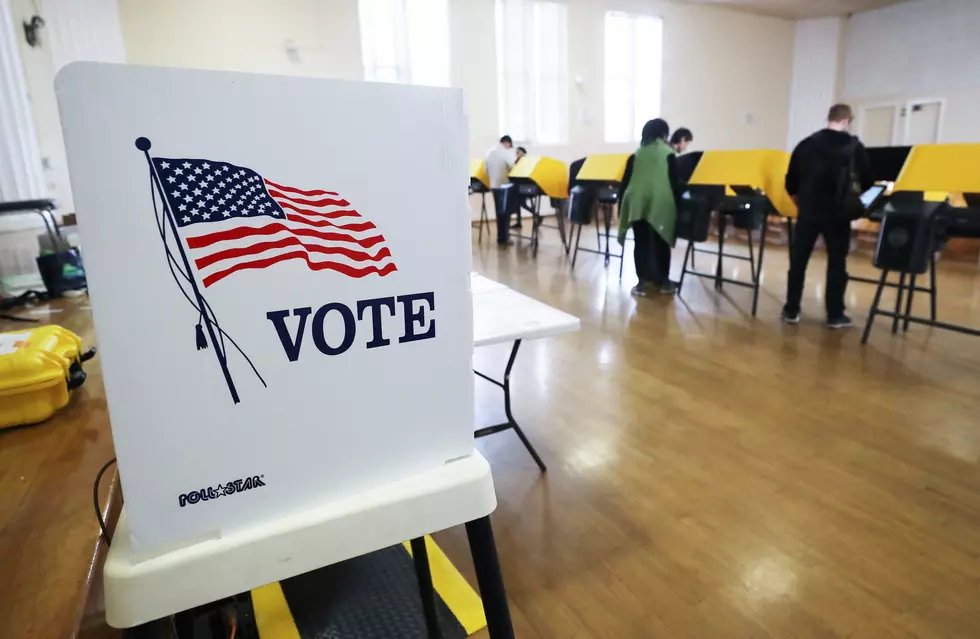
Louisiana’s Nastiest Political Fight is About to Begin
State Rep. Alan Seabaugh talks about the upcoming legislative session and what he sees as a major fight looming over Louisiana election redistricting.
Who Meets and What Do They Do?
Both the State Senate and House of Representatives get together next week to begin the arduous - and oft times nasty - task of redrawing district lines for every elected office in the state.
And since how the district lines are redrawn could mean their jobs, legislators in both houses - and parties - attack the process with extra intensity.
How are Districts Decided and Drawn?
"I've been in the legislature for eleven years and the redistricting in 2011 was by far and the most contentious, personal and the most difficult session that I've been in," says Seabaugh, himself preparing for the three week grind in Baton Rouge.
"It's simple math," he continues, explaining the redistricting process, "You take the population in Louisiana and you divide by 105 in the House and divide by 39 in the Senate and get your median number. That's the number the districts need to target and by law you have to be within 5% above or below that. Then we start drawing districts. The reason it's difficult is because population shifts.
"The House does the House. The Senate does the Senate. Both get together and do (the United States) Congress, BESE board and the Public Service Commission. Congress is going to be one of the most contentious."
Here's everything Rep. Seabaugh told KEEL:
But the Governor Wants...
Meanwhile, Governor John Bel Edwards is calling for another majority-African-American Congressional district, saying that the state is a third Black and their representation should be guaranteed. But Seabaugh disagrees. "Louisiana tried that before," he says, "Louisiana's African-American population is so spread out, it is hard to make a district that does that. We tried it in the early 90s and the courts rejected it as being obviously politically gerrymandered.
"On one hand, you have to draw districts that are fair. On the other hand, you cannot draw districts (that) are designed to bring about a specific result."
And Then, Like Always, Somebody Sues
And in the end, will the side that doesn't get its way take it to court? "Absolutely," says the Shreveport rep,"I don't think there's any way to avoid (it). Lawsuits are filed every time we redistrict."
Seabaugh adds that he expects the Governor, a Democrat, to veto the new Congressional districts proposal "because he said he would if we didn't draw a second (Black) majority district."

Louisiana's 20 Highest Paid State Representatives
Read More: Who are the Early Favorites to be Louisiana's Next Governor?
America's Most Conservative Presidents Ever
More From Highway 98.9









